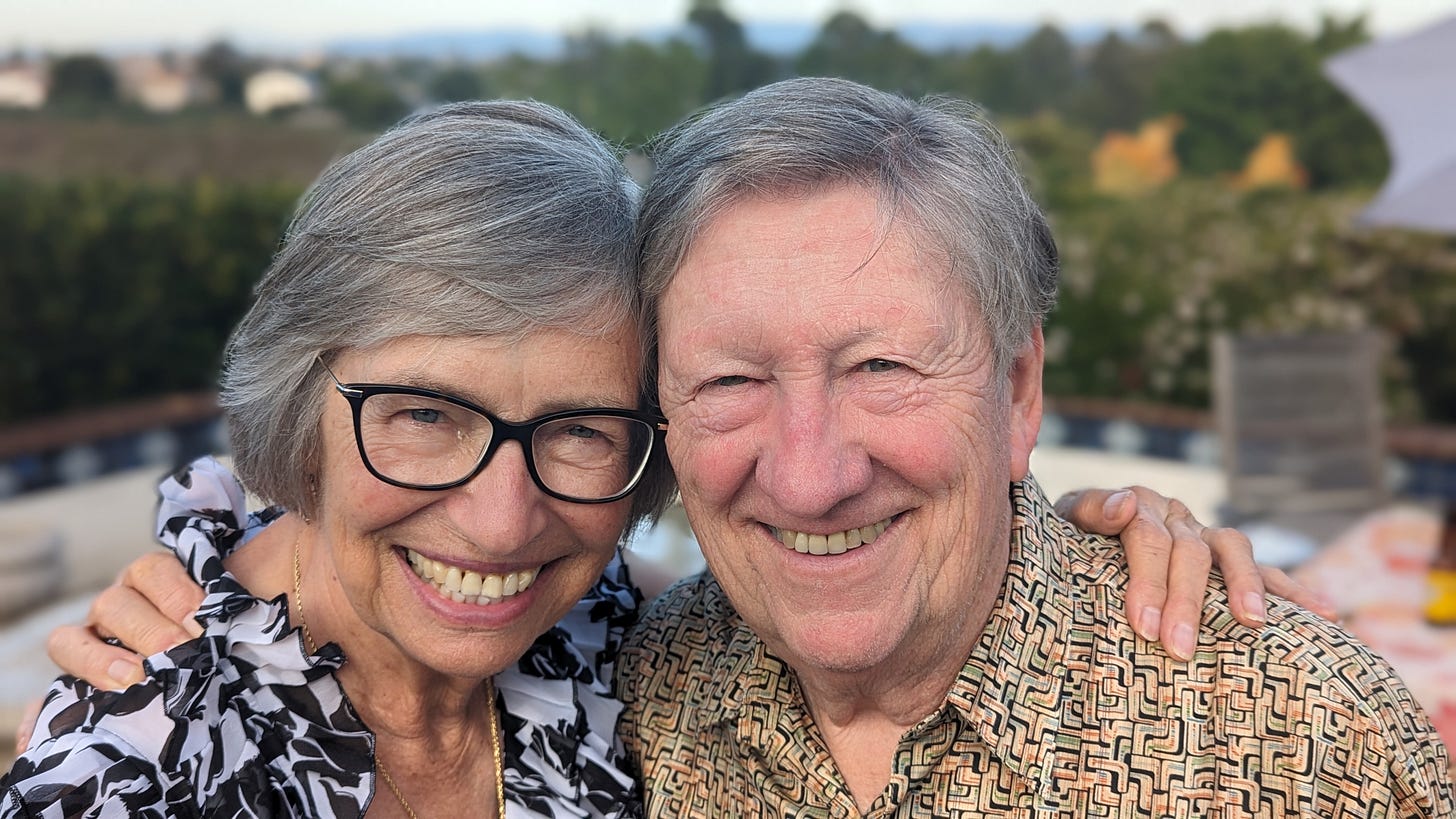Why Homeschooling Works: The Socialization Benefits You Might Have Overlooked
The second in a series
Dear Readers,
Next week I’ll get back to complaining—er, critiquing—groupthink in entertainment and media, but today I take another whack at groupthink in education.
Many are worried about whether homeschoolers are socialized properly. That’s a fair question, but it’s one that…
Keep reading with a 7-day free trial
Subscribe to Shiny Herd to keep reading this post and get 7 days of free access to the full post archives.





